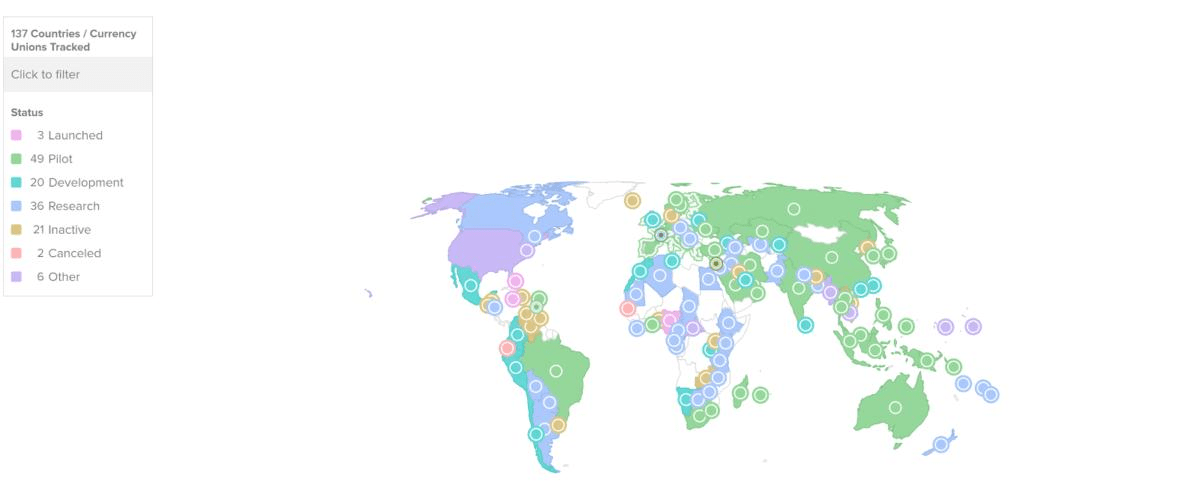Italian banks expressed their support for the digital euro initiative led by the European Central Bank (ECB), but they called for the distribution of implementation costs over several years due to the financial burden the project imposes on the banking sector.
Marco Elio Rutini, the general director of the Italian Banking Association (ABI), said during a press conference in Florence on Friday, according to Reuters:
'We support the digital euro because it embodies the concept of digital sovereignty.'
He added:
However, project costs are very high given the capital expenditures that banks must bear. They can be spread over a longer period.
These statements come at a time when central bank digital currency (CBDC) projects are facing resistance from some French and German banks, which fear that the launch of a central bank-supported retail wallet could draw deposits away from commercial banks.
The European Central Bank aims to launch the digital euro in 2029.
The Governing Council of the European Central Bank approved the transition of the project to the next phase during its meeting in Florence on October 29 and 30 after a two-year preparatory period.
The pilot phase is scheduled to begin in 2027, with full launch expected in 2029, provided that the relevant European legislation is adopted in 2026.
For his part, European Parliament member Fernando Navariti, tasked with reviewing the proposal in Parliament, presented an initial report calling for a scaled-down version of the digital euro to protect private payment systems like Wero, a joint initiative among 14 European banks, according to the report.
Routini said that Europe needs to adopt a dual approach that combines the European Central Bank's digital euro with bank-supported digital currencies. He added:
'What Europe must not do is fall behind.'
The European Central Bank signs development agreements with technology companies.
Last month, the European Central Bank signed framework agreements with seven technology companies to support the development of the potential digital euro project.
The agreements cover areas such as fraud prevention and risk management, secure payment data exchange, and software development.
Among the participating companies are Feedzai, specializing in fraud detection, and Giesecke+Devrient (G+D), specializing in security technologies.
According to the European Central Bank, these companies will also work on developing features such as 'Alias Lookup' that allows users to send or receive payments without needing to know the payment service provider of the other party, in addition to offline payment capabilities.
📲 Stay informed with #CryptoEmad to get real-time analysis and hot movements in the digital currency market!

